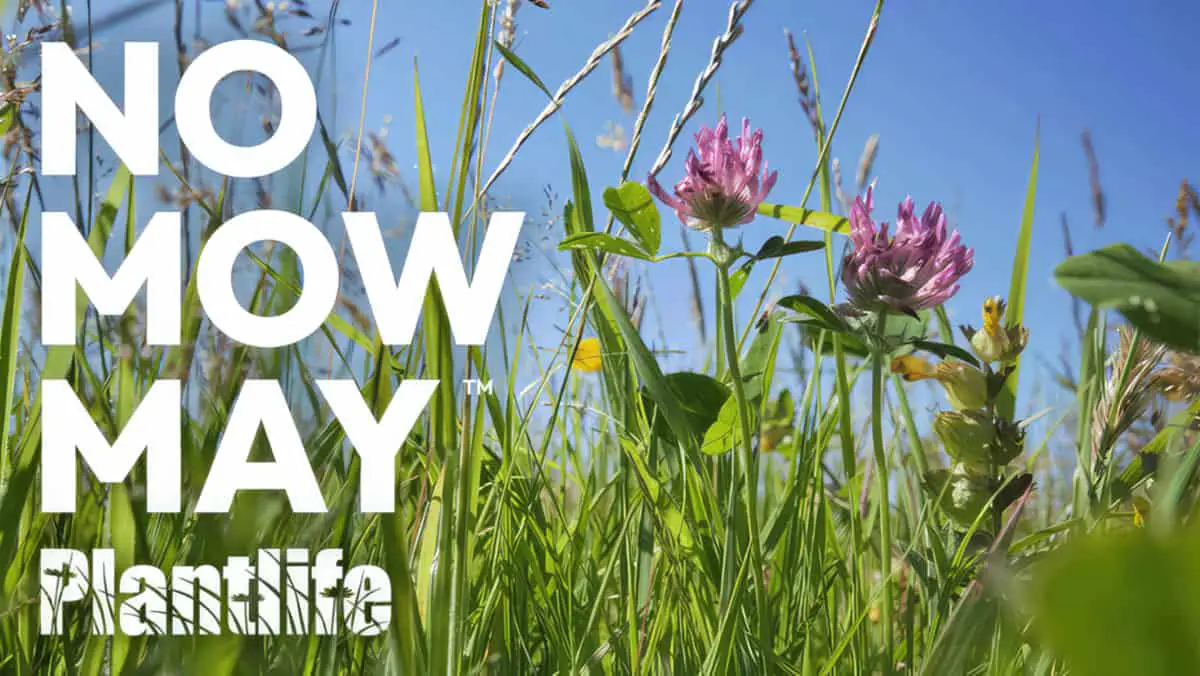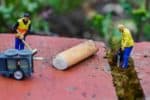The Isle of Wight council is supporting the national ‘No Mow May’ campaign at several of its sites.
This national campaign supports local biodiversity and our UNESCO biosphere status.
The campaign aims to encourage people to ‘liberate their lawns’ — letting the grass grow will provide a feast for insects and bees, and lock away greenhouse gasses carbon below ground.
Bacon: Encouraging biodiversity is really important for our environment
Cllr Jonathan Bacon, Cabinet member for climate change and environment, said,
“Not mowing in May will support the Biosphere and United Nations’ sustainable development goal of ‘life on land, to protect, restore and promote sustainable use of terrestrial ecosystem and halt biodiversity loss’.
“Encouraging biodiversity is really important for our environment. Wild orchids including the declining man orchid, green-winged orchid, southern and northern marsh orchid, and bee orchid can light up up liberated lawns.”
Dix: I’d encourage everyone to get involved
Natasha Dix, the council’s head of environment, added,
“The national ‘Every Flower Counts’ survey last year found that one square metre on a typical lawn had 17 daisies and a smattering of buttercups and dandelions and other native species.
“The world’s bee population is threatened. By leaving lawns to flower, even just for a month, you will support our local bees and the wider biodiversity structures that they provide critical balance to.
“I’d encourage everyone to get involved.”
First metre of roadside verges
For safety reasons, the council will continue to mow the first metre of roadside verges throughout May and a number of outdoor spaces that serve sport and recreation activities.
However, the council will be letting some areas return to their natural state throughout the month.
250 plant species
In 2021, ‘No Mow Mayers’ reported more than 250 plant species including wild strawberry, wild garlic and a dazzling array of rarities including adders’-tongue fern, meadow saxifrage, snake’s-head fritillary, and eyebright.
For more information about No Mow May, visit: https://www.plantlife.org.uk/campaigns/nomowmay/
News shared by Isle of Wight council press office, in their own words. Ed





